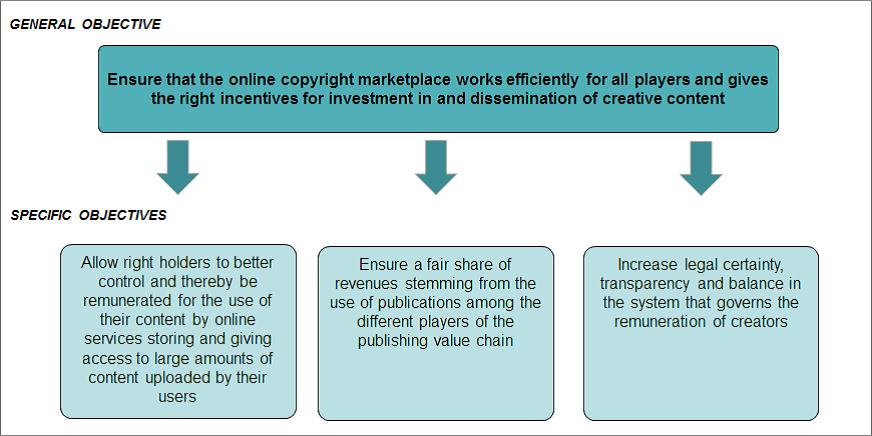The Special 301 Report (Report) is the result of an annual review of the state of IP protection and enforcement in U.S. trading partners around the world, which the Office of the United States Trade Representative (USTR) conducts pursuant to Section 182 of the Trade Act of 1974. This Report provides an opportunity to call out foreign countries and expose the laws, policies, and practices that fail to provide adequate and effective IP protection and enforcement for U.S. inventors, creators, brands, manufacturers, and service providers.
Comments closed
